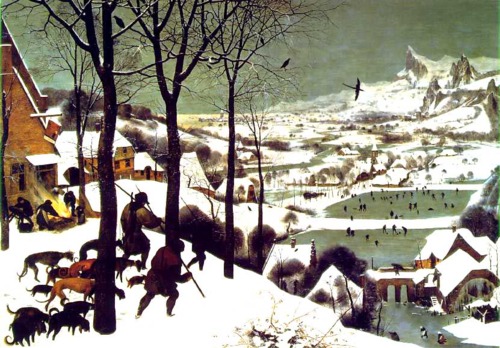 |
| Melencolia I, Albrecht Dürer, Engraving, 1514. Dürer makes a comment on the superhuman artistic genius and the ephemerality of life. |
I won't say that I liked this film, but I didn't hate it either. I might categorize it as another challenging experience that is certainly a work of art, but not one that necessarily provokes contemplation beyond style. After fulfilling my pre-requisites by enduring Antichrist publicly in a movie theater last year, I suppose I'm inured and even expectant of a full body impact. In contrast to the startling scenes in Antichrist, Melancholia doesn't show graphic violence. During Antichrist I had to hide my eyes several times, even though the rest of the audience (slightly tipsy and inappropriately boisterous) seemed to be there to see the bits of sex and paid little attention to anything else.
Melancholia stylishly shows first the destruction of relationships and people and finally threatens all of us watching, with this looming apocalypse. The closing act seemed intent to annihilate the entire audience. Someone (not me!) has been reading too much Arthur Schopenhauer: fatalistic philosophy. Schopenhauer was a pessimistic German guy who basically said, life isn't worth it, just kill yourself. His philosophy seems to have been inspired by the tenets of Buddhism, especially the concept that desire of any kind leads only to suffering. Disentangling yourself from desire is the only way to achieve spiritual freedom. Since he was so pessimistic, his solution to this (though he did not himself commit the act), was to end the only life you have the right to end. It is his opinion that
"Suicide may also be regarded as an experiment — a question which man puts to Nature, trying to force her to an answer. The question is this: What change will death produce in a man’s existence and in his insight into the nature of things? It is a clumsy experiment to make; for it involves the destruction of the very consciousness which puts the question and awaits the answer." (from Studies on Pessimism, AS)
But, details. The way those luscious textiles draped over the leading ladies Kirsten Dunst, Charlotte Gainsbourg and Charlotte Rampling, was making me twitch with excitement. It was a treat watching them onscreen, especially frolicking in the Scandinavian woods. Oh magical birch trees! I also liked: the spectacular art library and the fleeting images used to support the state of things in the film. This Flemish painting was featured among others.
Some of my favorite characters included the father, whom Orsi tells me is from the Harry Potter movies. I didn't even recognize him, but John Hurt adds a certain charismatic warmth as Justine's Stupid Dad. I also loved seeing Udo Kier as the wedding planner. I was first introduced to him through Madonna, in this classic video for Deeper and Deeper (from Erotica, 1992).
Of course Kier was already a star, having worked most notably with Warhol, Paul Morrissey, Fassbinder, and Dario Argento (Suspiria!). I want to know more people like Udo Kier. He is absolutely incredible. Is he even real?
Blood For Dracula, 1974.
And so, Melancholia: The whole does not equal the sum of its parts. I didn't mind too much though because we decamped to Hungry Mother for some marvelous conversation, drinks and dessert. Butterscotch Pot de Creme with White Pepper and Popcorn Brittle, if you want to know. It was the perfect accompaniment and antidote.
I find myself thinking more about others things I saw recently. First, Breaking Bad. A television show about a man who enhances his dreary day job as a Chemistry teacher with a dangerous foray into the profitable art of cooking Meth- with a failed student. One strange thought that I had: what if a former student of mine became an art thief? Weird. Also: I highly recommend Terri (2011), written and directed by Azazel Jacobs. Quiet and understated, it left me wanting more and with plenty of questions. Alex had some interesting things to say about it.




No comments:
Post a Comment